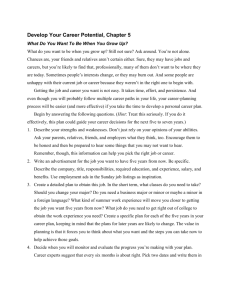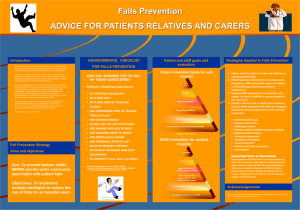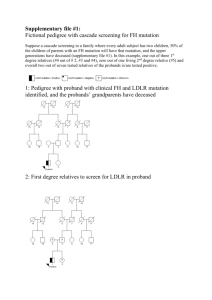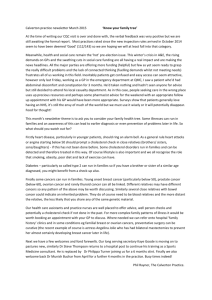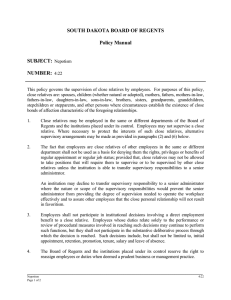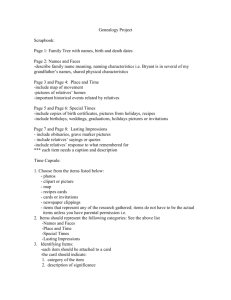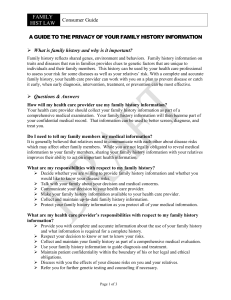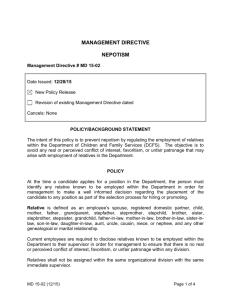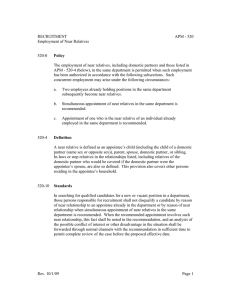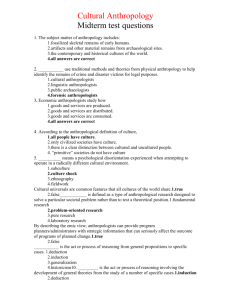Presentazione standard di PowerPoint
advertisement
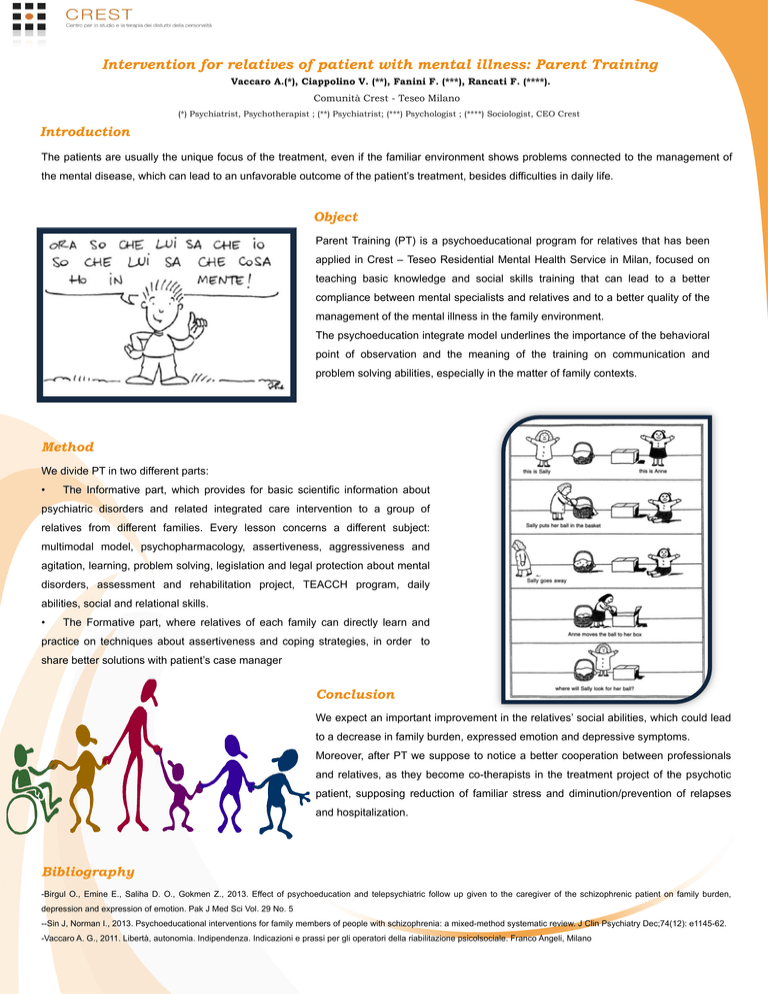
Intervention for relatives of patient with mental illness: Parent Training Vaccaro A.(*), Ciappolino V. (**), Fanini F. (***), Rancati F. (****). Comunità Crest - Teseo Milano (*) Psychiatrist, Psychotherapist ; (**) Psychiatrist; (***) Psychologist ; (****) Sociologist, CEO Crest Introduction The patients are usually the unique focus of the treatment, even if the familiar environment shows problems connected to the management of the mental disease, which can lead to an unfavorable outcome of the patient’s treatment, besides difficulties in daily life. Object Parent Training (PT) is a psychoeducational program for relatives that has been applied in Crest – Teseo Residential Mental Health Service in Milan, focused on teaching basic knowledge and social skills training that can lead to a better compliance between mental specialists and relatives and to a better quality of the management of the mental illness in the family environment. The psychoeducation integrate model underlines the importance of the behavioral point of observation and the meaning of the training on communication and problem solving abilities, especially in the matter of family contexts. Method We divide PT in two different parts: • The Informative part, which provides for basic scientific information about psychiatric disorders and related integrated care intervention to a group of relatives from different families. Every lesson concerns a different subject: multimodal model, psychopharmacology, assertiveness, aggressiveness and agitation, learning, problem solving, legislation and legal protection about mental disorders, assessment and rehabilitation project, TEACCH program, daily abilities, social and relational skills. • The Formative part, where relatives of each family can directly learn and practice on techniques about assertiveness and coping strategies, in order to share better solutions with patient’s case manager Conclusion We expect an important improvement in the relatives’ social abilities, which could lead to a decrease in family burden, expressed emotion and depressive symptoms. Moreover, after PT we suppose to notice a better cooperation between professionals and relatives, as they become co-therapists in the treatment project of the psychotic patient, supposing reduction of familiar stress and diminution/prevention of relapses and hospitalization. Bibliography -Birgul O., Emine E., Saliha D. O., Gokmen Z., 2013. Effect of psychoeducation and telepsychiatric follow up given to the caregiver of the schizophrenic patient on family burden, depression and expression of emotion. Pak J Med Sci Vol. 29 No. 5 --Sin J, Norman I., 2013. Psychoeducational interventions for family members of people with schizophrenia: a mixed-method systematic review. J Clin Psychiatry Dec;74(12): e1145-62. -Vaccaro A. G., 2011. Libertà, autonomia. Indipendenza. Indicazioni e prassi per gli operatori della riabilitazione psicolsociale. Franco Angeli, Milano
